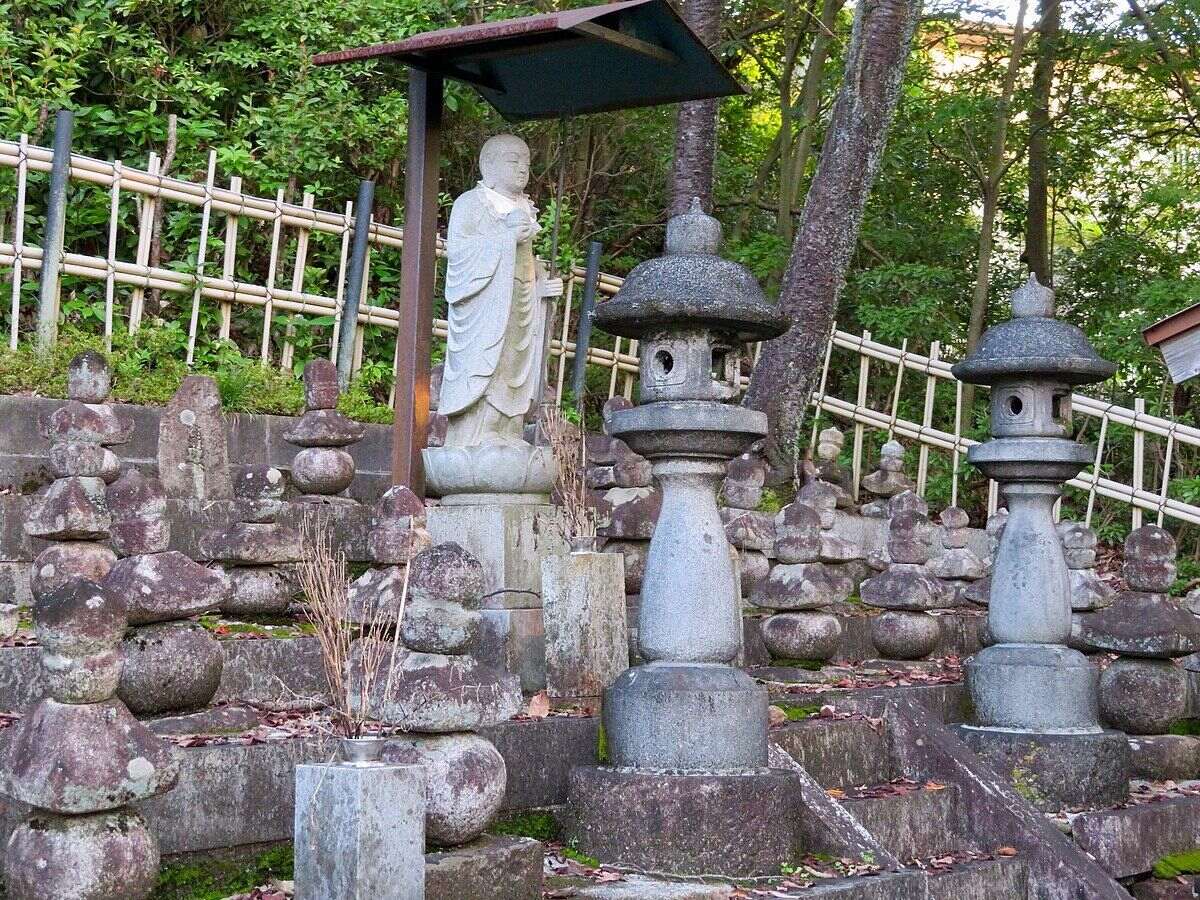
The Jōkyū War, also known as the Jōkyū Disturbance, was a significant conflict in Japanese history that took place in 1221. This war marked a power struggle between the imperial court led by Emperor Go-Toba and the Kamakura shogunate. The conflict arose due to Emperor Go-Toba's dissatisfaction with the shogunate's growing influence and his desire to restore imperial power. Despite the emperor's efforts, the shogunate emerged victorious, solidifying its control over Japan. This war had lasting effects on the country's political landscape, leading to the further decline of imperial authority and the rise of samurai dominance. Understanding the Jōkyū War provides insight into the complex dynamics of medieval Japan and the shifting balance of power between the emperor and the shogunate.
Key Takeaways:
- The Jōkyū War, fought in 1221, shaped Japan's history by strengthening the Kamakura shogunate and diminishing the emperor's influence, marking the rise of samurai dominance.
- Emperor Go-Toba's failed attempt to overthrow the Kamakura shogunate in the Jōkyū War led to his exile and a shift in power, leaving a lasting impact on Japanese culture and history.
The Jōkyū War: A Brief Overview
The Jōkyū War was a significant conflict in Japanese history, fought between the forces of the Kamakura shogunate and the supporters of Emperor Go-Toba. This war, which took place in 1221, had lasting impacts on the political landscape of Japan.
- The Jōkyū War is also known as the Jōkyū Disturbance.
- It occurred during the Jōkyū era, which lasted from 1219 to 1222.
- Emperor Go-Toba initiated the conflict to overthrow the Kamakura shogunate.
- The war lasted for about two months, from May to July 1221.
- The Kamakura shogunate was led by Hōjō Yoshitoki during the war.
Key Figures in the Jōkyū War
Several important figures played crucial roles in the Jōkyū War. Understanding these individuals helps to grasp the dynamics of the conflict.
- Emperor Go-Toba, the instigator of the war, reigned from 1183 to 1198.
- Hōjō Yoshitoki, the shogunate leader, was the second regent of the Kamakura shogunate.
- Minamoto no Yoriie, the second shogun of the Kamakura shogunate, was assassinated in 1204, leading to Hōjō Yoshitoki's rise.
- Kujō Michiie, a court noble, initially supported Emperor Go-Toba but later switched sides.
- Hōjō Masako, Yoshitoki's sister, played a significant role in rallying support for the shogunate.
Causes and Motivations
The reasons behind the Jōkyū War are complex, involving political, social, and personal factors.
- Emperor Go-Toba resented the shogunate's control over the imperial court.
- The emperor sought to restore the power and prestige of the imperial family.
- Economic tensions between the court and the shogunate contributed to the conflict.
- Samurai loyalty to the shogunate was a significant factor in the war's outcome.
- The emperor's personal grievances against the Hōjō clan fueled his determination.
Major Battles and Events
The Jōkyū War featured several key battles and events that determined its course and outcome.
- The Battle of Uji was the first major clash, resulting in a shogunate victory.
- The Battle of Seta Bridge saw the shogunate forces decisively defeat the imperial army.
- The Battle of Uji Bridge marked the final major battle, sealing the shogunate's victory.
- Emperor Go-Toba's forces were outnumbered and outmatched by the shogunate's well-trained samurai.
- The shogunate's strategic use of alliances and intelligence gathering played a crucial role.
Aftermath and Consequences
The Jōkyū War had significant and lasting effects on Japan's political landscape and the balance of power.
- Emperor Go-Toba was exiled to the Oki Islands after his defeat.
- The Kamakura shogunate solidified its control over Japan, reducing the emperor's influence.
- The Hōjō clan's power and prestige increased significantly.
- The war marked the beginning of a long period of samurai dominance in Japan.
- The imperial court's authority was further diminished, leading to a more centralized shogunate rule.
Cultural and Historical Impact
The Jōkyū War left an indelible mark on Japanese culture and history, influencing literature, art, and societal norms.
- The war is depicted in various historical texts, including the "Azuma Kagami."
- It inspired numerous works of art, including paintings and woodblock prints.
- The conflict highlighted the importance of loyalty and honor in samurai culture.
- The war's events are commemorated in annual festivals and ceremonies in Japan.
- The Jōkyū War serves as a reminder of the complex interplay between political power and personal ambition in Japanese history.
Final Thoughts on the Jōkyū War
The Jōkyū War left a lasting impact on Japan's history. This conflict, which took place in 1221, was a pivotal moment that reshaped the power dynamics between the Imperial Court and the Kamakura Shogunate. Emperor Go-Toba's failed attempt to overthrow the shogunate led to his exile and the solidification of the shogunate's control over Japan.
Understanding the Jōkyū War helps us appreciate the complexities of medieval Japanese politics. It highlights the struggle for power and the consequences of rebellion. The war also set the stage for future conflicts and the eventual rise of the Ashikaga Shogunate.
By learning about events like the Jōkyū War, we gain insight into the forces that shaped Japan's history. This knowledge enriches our understanding of the past and its influence on the present.
Frequently Asked Questions
Was this page helpful?
Our commitment to delivering trustworthy and engaging content is at the heart of what we do. Each fact on our site is contributed by real users like you, bringing a wealth of diverse insights and information. To ensure the highest standards of accuracy and reliability, our dedicated editors meticulously review each submission. This process guarantees that the facts we share are not only fascinating but also credible. Trust in our commitment to quality and authenticity as you explore and learn with us.
